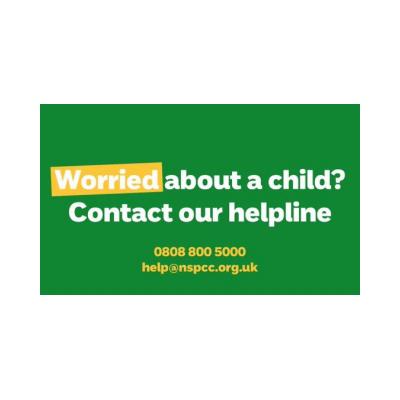Teenage girls staying quiet about sexual abuse from boys warns NSPCC
Thousands of teenage girls who are sexually assaulted by boys suffer in silence because they often accept the abuse as part of a relationship or don’t know how to stop it, the NSPCC has warned.
Adolescents are responsible for around a third of all sex offences committed against children and in three out of four of these cases the victim will know the offender.
However fewer than 20 per cent of these incidents[1] are revealed by the young person being abused unlike assaults carried out by an adult which will be reported in the majority of cases.
Jon Brown, Head of the NSPCC’s Head of Strategy and Development for Sexual Abuse programme said: “Many girls are being forced to carry out sexual acts and in some cases are even being raped. We’re not talking about ‘horse play’ or teenagers experimenting, this is often serious abuse.
“But unfortunately many of the girls don’t see it that way. They think it’s just part of a relationship they have with a boy or may be too embarrassed or frightened to tell anyone about it.
“When an adult sexually abuses a young person there is a greater chance it will be reported to someone – police, a parent or a teacher. But when a teenage boy is responsible it seems to slip into another category where the same alarm bells don’t ring with the victim.
“The boys who do this must learn this behaviour is not acceptable under any circumstances otherwise they will think they have a free rein to continue mistreating girls in this way. And the girls may need counselling or therapy because this kind of abuse can cause both physical and psychological harm.
“There is an awful lot of pressure on them, particularly in an increasingly sexualised world where boys can easily access pornography and get completely the wrong idea of what a relationship is all about. So advice and education are paramount.”
The risk of a girl being sexually assaulted rises dramatically from early teenage years with the majority of assaults being committed against 12-17-year-olds.
In an effort to reduce incidents of teenage sexual abuse the NSPCC is calling for:
- Education programmes to promote consenting, respectful relationships and dispel the perception girls are just sex objects.
- Young people to seek help, through ChildLine, teachers or parents if they are being forced, pressured or coerced into carrying out sex acts.
One 15-year-old girl who rang ChildLine said: “I went out with a friend of my brother’s for a while but when I finished with him he raped me. And he threatened to do it again if I told anyone. I just don’t feel I can tell my parents about it.”
Another 14-year-old whose boyfriend is a few years older said: “He just made me have sex and then said it was my fault and that it was what I wanted but it wasn’t. It was horrible but he wouldn’t stop. Now I feel very scared and confused.”
Sue Minto, Head of ChildLine, said: “It’s vitally important that young girls get help and support if they find themselves in a situation where they are being coerced into having sex. Frequently they will feel this is just part of growing up and won’t recognise that it’s wrong. Fewer than six per cent of the 16,000 contacts we had last year about sexual abuse were from children saying they had been assaulted by another young person, so this seems to bear that out.
“Sometimes the abuse will happen in an intimate relationship or it may be a friend of a friend or someone on the edge of their social circle. But whoever it is we would want to encourage anyone effected to talk to someone about it, or contact us confidentially by phone or online.”
Every year more than 50,000 child victims of sexual abuse miss out on therapy because of a shortfall in services. The NSPCC is working on the frontline to help fill this gap by introducing a raft of new programmes including, ‘Letting the Future in’ which will provide structured sessions to help these children rebuild their lives.
[1] *Child Abuse and Neglect in the UK Today (Radford, Lorraine, Corral, Susana, Bradley, Christine, Fisher, Helen, Bassett, Claire, Howat, Nick and Collishaw, Stephan, 2011): NSPCC: Taken from a sample of 1761 young adults aged 18-24 talking about abuse during their childhood.

